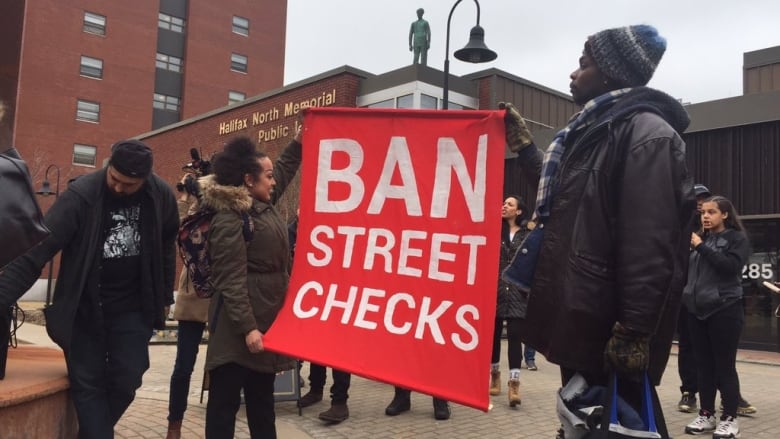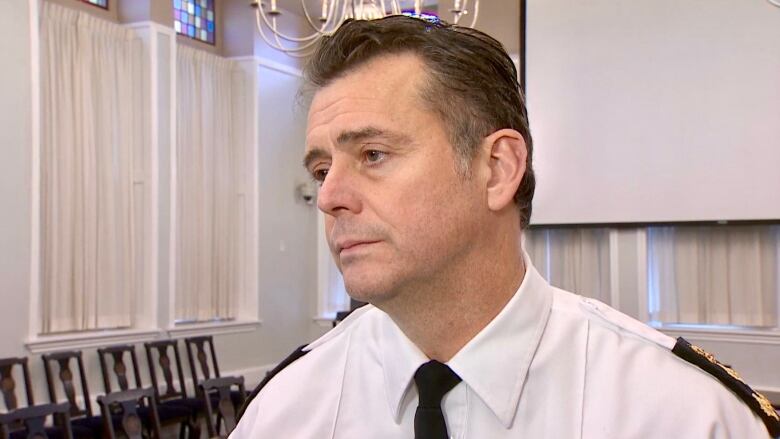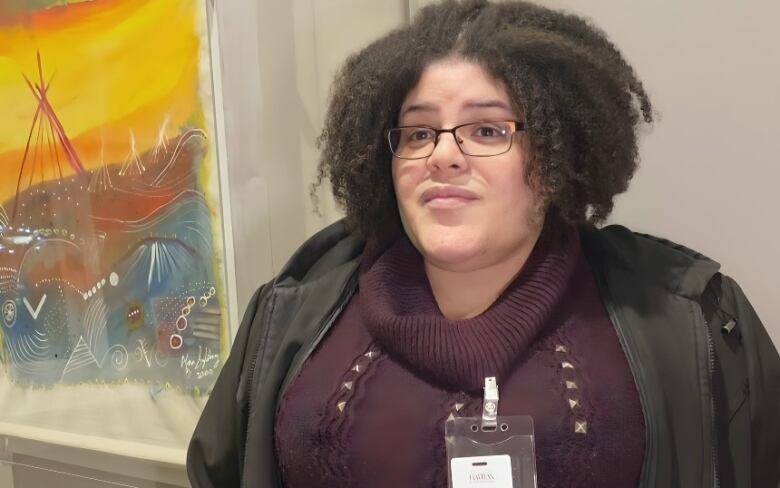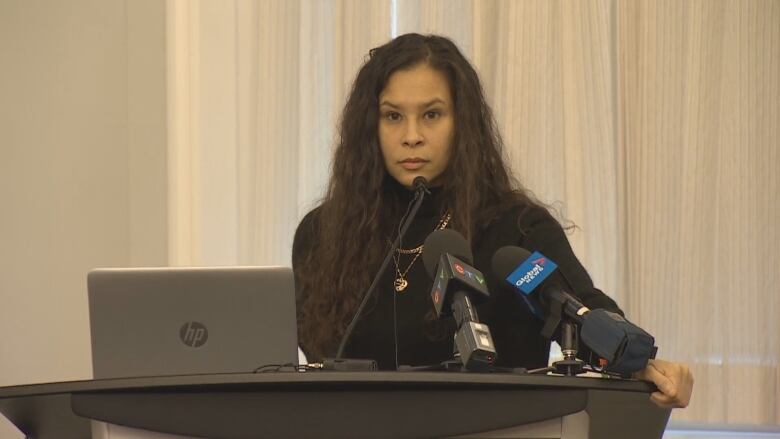Black advocates call for action on street-check data
HRP, RCMP promise data will be protected until a plan is in place

Black advocates say they are happy Halifax police forces have committed to keeping street-check data for now, but are calling for a real plan to safeguard the records for years to come.
The heads of both Halifax Regional Police (HRP) and Halifax RCMP spoke to the city's Board of Police Commissioners Wednesday about concerns that years of street-check data would be purged by the end of December.
"We're content as HRP to hang onto the data and make sure that we do the appropriate disposition of it at the appropriate time based on the participation of the board and of the community," Chief Dan Kinsella said during the meeting.

Chief Supt. Jeffrey Christie, the new officer in charge of Halifax RCMP, said although the Mountiesmustfollow federal privacy legislation around purging records after certain time frames, the HRP is currently holding their data for them.
"These street checks are right now protected and can't be purged," Christie said.
The board heard the HRP has about 106,000 street check files and Halifax RCMP has roughly 28,000.
A 2019 report by Scott Wortley for the Nova Scotia Human Rights Commission revealed Black people were six times more likely to be street checked than white people between 2006-2017. The province has since banned the practice, and recently agreed to mandate the collection of race-based police data.
Vanessa Fells, director of operations with the African Nova Scotian Decade for People of African Descent (ANSDPAD) Coalition, said she was relieved to hear the promises from police.

"The data reminds us all of the history of exactly what happened," Fells said outside the meeting.
"It gives validity to the voices of the Black community that have been for many years discredited when they talked about negative interactions with police and racial profiling. That data is the proof."
El Jones gave a presentation to the board on behalf of ANSDPAD on Wednesday, reminding them what experts like Wortley have suggested should happen with the data. Thatincludes making the recordsanonymous,then having an independent third party review and eventually house the data for future research.
Jones said she was glad to see the board passa motion from commissioner Harry Critchley urging both HRP and RCMP to preserve the data. But, she added, it's "exhausting" for the Black community and groups like ANSDPAD to keep issues like this on the public radar.

"You multiply that by the thousands of issues that we have to deal with and then you wonder why Black people are tired, and why Black people are frustrated," Jones said in an interview.
Fells said the coalition has had few conversations so far with police about a plan for the data, she is hopeful that reviving the issue now will speed action.
"It's time that we come together and start to create this process," Fells said. "What is it going to look like? What's going tohappen? Will there be a third party? We need to do it now."
While Kinsella said anonymizing the street check data is "labour intensive" and will take time to manually redact the records of personal information, he said the issue is one he and Christie plan to work on together in the new year.
For more stories about the experiences of Black Canadians from anti-Black racism to success stories within the Black community check out Being Black in Canada, a CBC project Black Canadians can be proud of. You can read more stories here.













_(720p).jpg)


 OFFICIAL HD MUSIC VIDEO.jpg)
.jpg)



























































































